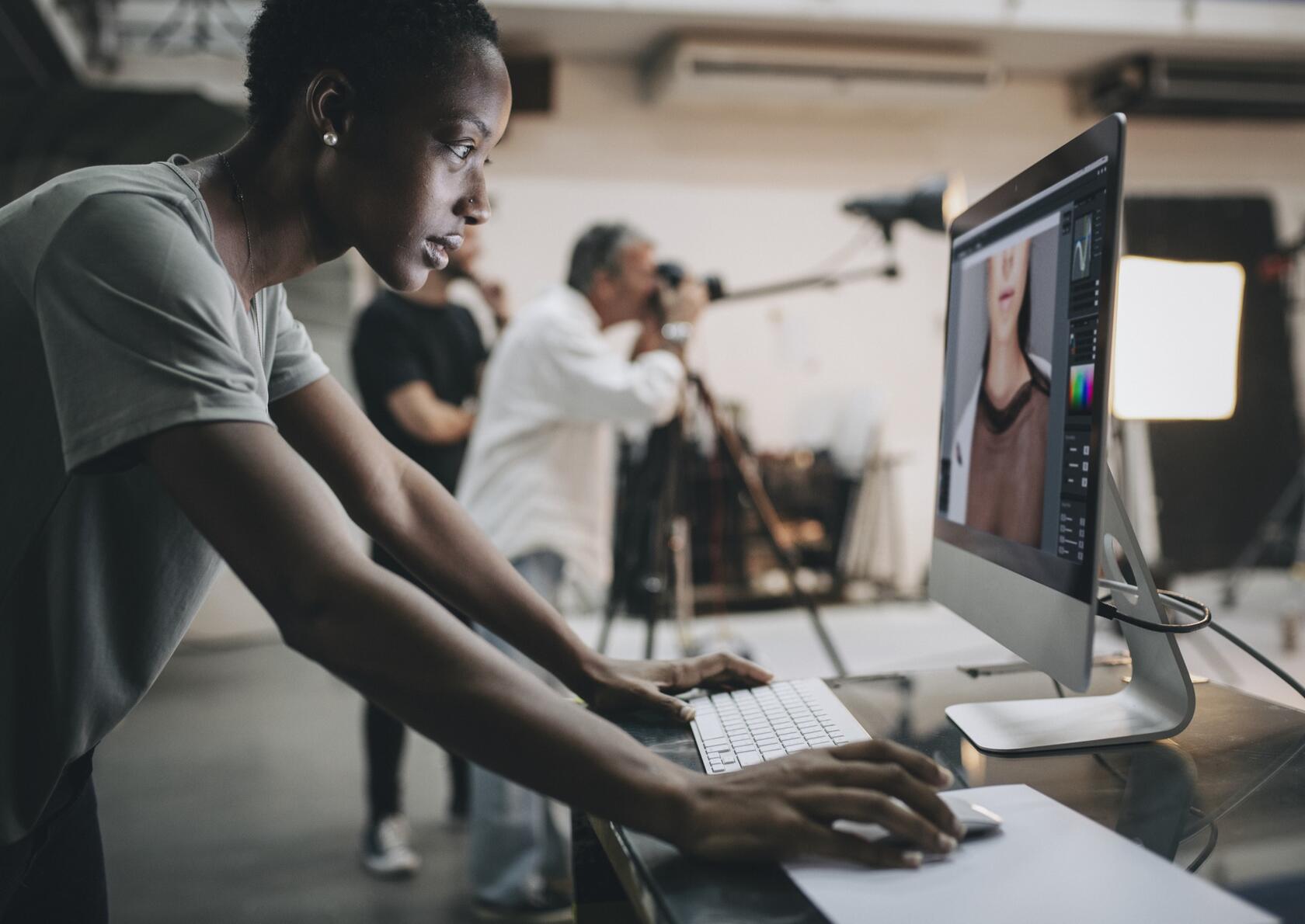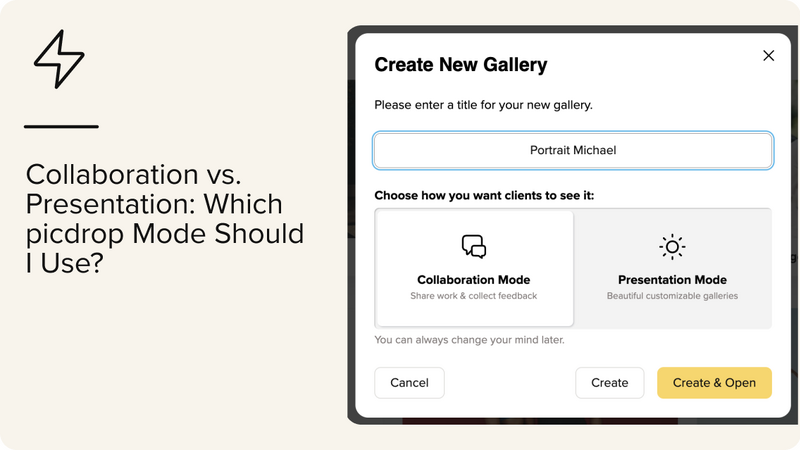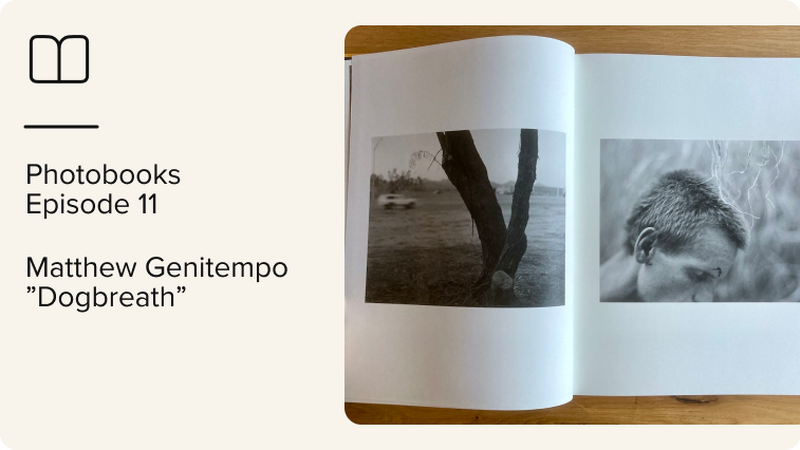Top 10 Things to Avoid as a Photography Assistant

Working as a photo assistant can be a highly rewarding experience, but it also comes with its own set of challenges and expectations. To make the most of the opportunity and build a strong reputation in the industry, it's crucial to know not only what to do but also what to avoid. Here are some common pitfalls that can hinder your success as a photography assistant.
Everyone makes mistakes!
Please note: This list is neither exhaustive nor has anyone in the history of photography been free of mistakes. I've made many of these errors myself for various reasons during my career as a photo assistant. I didn't write this to blame you or other assistants but to create awareness and help you make fewer mistakes than I did. You're welcome. 🙂
Let's explore the top 10 mistakes you can make as a photography assistant:
1. Not Being Attentive to the Photographer’s Needs
One of the most important qualities of a good assistant is the ability to anticipate the photographer’s needs. Avoid zoning out or waiting to be told what to do; instead, stay aware of what's happening on set. Watch the photographer closely and be proactive. For example, if you see that a battery is running low, replace it before it dies. If the lighting needs adjusting, have the necessary tools ready. Missing an opportunity to be helpful can slow down the shoot and reflect poorly on you.
2. Overstepping Boundaries
While it’s great to be eager and enthusiastic, it’s important to know your role and respect the photographer’s creative direction. Don’t offer unsolicited advice, change camera settings without permission, or interrupt the photographer while they're working with the client or subject. Your job is to support, not to take over. If the photographer seeks your opinion, be honest but respectful.
3. Being Unprepared or Disorganized
Failing to come prepared can make you look unprofessional and could disrupt the shoot. Make sure you:
- Arrive on time (or better yet, early).
- Bring any necessary equipment or tools requested by the photographer.
- Keep your workspace and gear organized so you can quickly find and access what’s needed. Showing up disorganized, without the necessary gear, or with a lack of basic technical knowledge can be a dealbreaker for future opportunities.
4. Acting Unprofessionally
Your behavior and demeanor on set are critical to how you’re perceived by the photographer, clients, and other team members. Avoid any unprofessional conduct, such as:
- Complaining about tasks: No job is too small when you’re assisting, so be ready to take on anything, whether it's moving gear, grabbing coffee, or holding reflectors.
- Using your phone inappropriately: If you need to use your phone for work, like checking a shot list, that’s fine. But constantly checking social media, texting, or making personal calls is a no-go.
- Inappropriate conversations: Keep conversations with the team professional. Avoid gossiping, talking negatively about other clients or photographers, or making personal comments.
5. Forgetting to Respect Confidentiality
Respect the privacy and confidentiality of the photographer and the clients. Don’t take behind-the-scenes photos for your own use or share images from the shoot without explicit permission from the photographer. Often, shoots will involve sensitive or proprietary content, and sharing anything from the set could jeopardize both your position and the photographer's trust in you.
6. Not Dressing Appropriately
Your attire should be comfortable yet professional, allowing you to move freely and perform tasks without hindrance. Always dress according to the nature of the shoot; for example, if it’s a formal event like a wedding, wear something neat and unobtrusive. On the other hand, if you’re working outdoors or in a studio, wear comfortable clothing and shoes that allow you to be active. Avoid clothing that is too flashy, revealing, or could be distracting on set.
7. Not Communicating Properly
Communication is key when assisting, but it's important to find the right balance. Avoid:
- Talking excessively: Be mindful of when it's appropriate to speak, and don't chat or ask questions while the photographer is concentrating, working with the subject, or communicating with the client.
- Failing to ask for clarification: If you're unsure about a task or don’t understand an instruction, don't be afraid to ask for clarification. It’s better to ask questions and do the job correctly than to guess and make a mistake.
- Interrupting during critical moments: Wait for an appropriate time to ask questions or share information, and learn to read the room. For example, interrupting a key moment during a shoot to ask a minor question is disruptive.
8. Being Passive & Lacking Initiative
Avoid standing around waiting for instructions or only doing the bare minimum. If you see something that needs to be done—like setting up lighting, moving props, or tidying the area—take the initiative to handle it. A passive assistant who waits to be told every step of the way can slow down the shoot and make the photographer's job harder. Show that you’re engaged, active, and always looking for ways to contribute.
9. Not Following Up on Agreements or Tasks
If you’ve been asked to complete a task or handle something after the shoot, such as file management, retouching, or returning rental gear, don’t neglect it. Failing to follow up on your responsibilities can hurt the photographer’s workflow and damage your reputation as a reliable assistant. Take notes if needed, and make sure you complete all post-shoot tasks on time and to a high standard.
10. Forgetting to Maintain a Positive Attitude
Working on a photo shoot can be stressful, especially when things don’t go as planned or the workload becomes overwhelming. However, it's essential to keep a positive, solution-focused attitude. Avoid complaining about long hours, tough tasks, or problems that arise. Being a source of encouragement and maintaining your composure under pressure will not only make the shoot more pleasant for everyone but will also leave a strong impression on the photographer.
Avoiding these pitfalls can help you build a strong foundation as a photo assistant and foster a positive, professional reputation in the industry. Remember that every shoot is a learning experience, and by being proactive, attentive, and respectful, you’ll maximize your chances for success and future opportunities.



